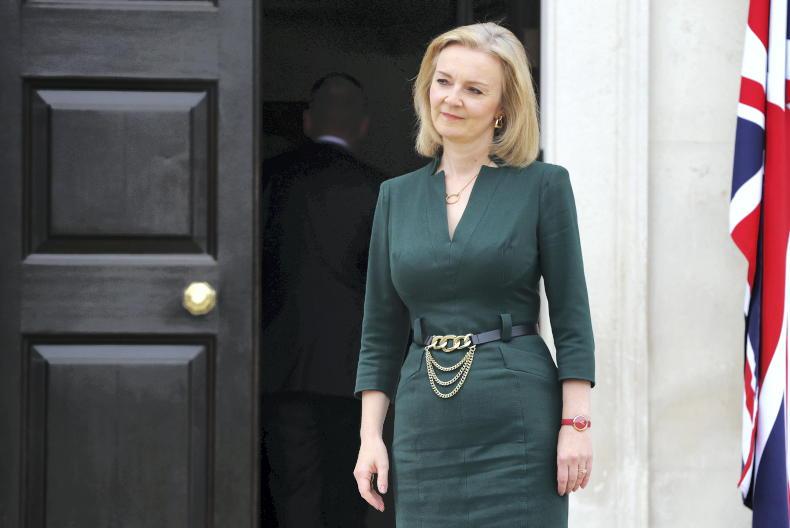With the much-publicised announcement of a “command paper” on the Northern Ireland (NI) Protocol, the UK Government has essentially published a negotiating position on securing changes to an agreement that is already in place, approved by the institutions of both the EU and UK.
It marks a dramatic departure from what the UK government signed up to in the withdrawal agreement.
Irrespective of what was agreed it is clear that operationally the protocol cannot function without some modification that frees up supply chains based in Britain that serve NI.
Mixing politics and practical
The problem is that by issuing this position and commencing a public negotiation, the EU are less likely to respond. Those negotiations are best undertaken in the dark rooms well away from the public spotlight.
Of course, there is a public-facing dimension to the UK position in that adopting this strong-line approach in intended to assuage political opinion in NI that is completely opposed to any type of protocol.
This is the reality irrespective of what was agreed
Looking at the issue from a business perspective, it is clear that – as it exists – the protocol doesn’t fit the needs of trade between the UK and NI. This is the reality irrespective of what was agreed or to what extent it is part of a wider international treaty.
Chief executive of Fane Valley Trevor Lockhart put it well this week in an interview with the Irish Farmers Journal. He said that the problem with the protocol as it is at present is that it is an old rule book being used to manage a new problem.
Structures not designed for UK-NI trade
International trade including EU border controls are governed by a structure designed decades ago that is based on large volumes of individual products moving from one country to another.
The focus now has to switch from the political to the technical
However, this system simply doesn’t accommodate internal supply chains as is the case for goods moving from the UK to NI, often in small quantities that require the same documentation and scrutiny as 20t containers.
There is no off-the-shelf solution for this problem because the circumstances and unique position of NI being part of two separate single markets has never had to be addressed.
The focus now has to switch from the political to the technical and that involves painstakingly designing a scrutiny system that enables trade for goods between the UK and NI operate on a risk-based system while at the same time having robust controls that prevent leakage to the EU single market.
Practicality has to take precedence over principle
Of course the EU can sit back and declare that the deal is done and we aren’t for moving.
Ireland also loses
However, this would immediately present a problem for Ireland as a member state, if the UK chose to depart from the agreement, the ultimate sanction is that the agreement collapses. In that event Ireland also loses.
Ultimately, for the protocol to work as intended, buy in from all parties is vital and ultimately the EU need the UK to administer the protocol. It may not be the way it should have panned out, but to get the solution that works for the island of Ireland requires the EU and UK government to apply their minds to finding a solution, not reiterating how they believe their respective positions is the right one.










SHARING OPTIONS